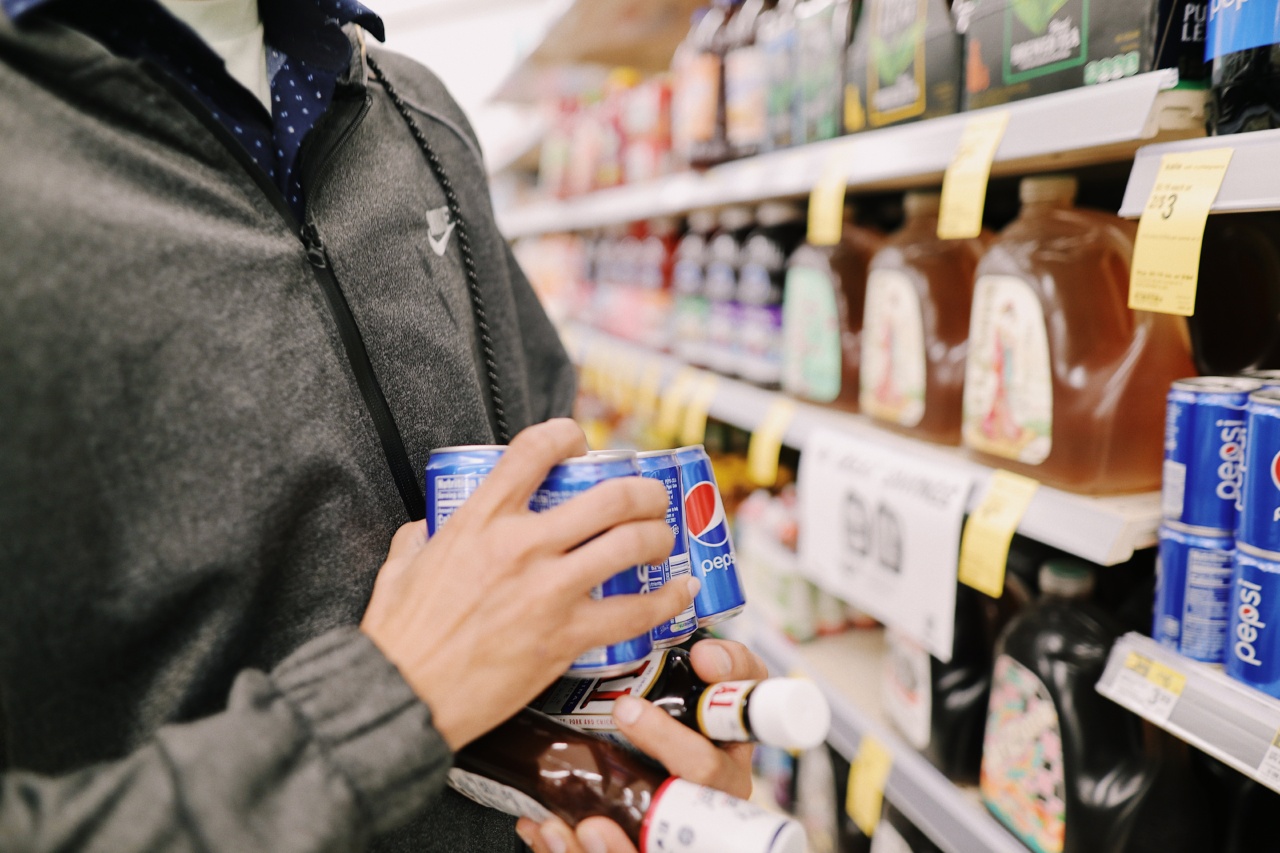Food poisoning is a distressing and potentially dangerous condition that occurs when you consume contaminated food. It can lead to symptoms like nausea, vomiting, diarrhea, abdominal pain, and fever.
While there are numerous causes of food poisoning, certain food items are notorious for causing these infections. In this article, we will discuss the six food items that can cause food poisoning and how to prevent it.
1. Raw or Undercooked Meat
Consuming raw or undercooked meat, including poultry, beef, pork, or lamb, increases the risk of food poisoning. These meats may contain harmful bacteria like Salmonella, Campylobacter, or E. coli, which can cause severe infections.
To reduce the risk, cook meat thoroughly, ensuring it reaches the appropriate internal temperature.
2. Raw or Runny Eggs
Eggs are a common source of Salmonella bacteria, which can cause significant illness. Consuming raw or undercooked eggs or dishes made with raw eggs, such as homemade Caesar salad dressing or mayonnaise, can result in food poisoning.
To minimize the risk, avoid recipes that require raw eggs or use pasteurized eggs.
3. Raw Seafood
Raw seafood, such as oysters, clams, and sushi, can also harbor harmful bacteria or viruses. Vibrio bacteria, specifically Vibrio vulnificus, can cause severe foodborne illnesses.
Ensure that seafood is properly cooked to eliminate any potential pathogens and reduce your risk of food poisoning.
4. Unpasteurized Dairy Products
Unpasteurized dairy products, including milk, cheese, and yogurt, have been linked to outbreaks of food poisoning. These products may contain pathogens like Salmonella, E. coli, or Listeria, which can lead to severe infections.
Always choose pasteurized dairy products to minimize the risk of foodborne illnesses.
5. Raw Sprouts
Raw sprouts, such as alfalfa, mung bean, and clover sprouts, have been associated with several outbreaks of food poisoning. These sprouts require warm and humid conditions to grow, which also favor the growth of bacteria like Salmonella, E.
coli, and Listeria. It is important to thoroughly cook sprouts before consuming them to reduce the risk of foodborne illnesses.
6. Leafy Greens
Leafy greens, such as lettuce, spinach, and kale, are excellent sources of nutrients, but they can also be a source of food poisoning. These vegetables have been linked to multiple outbreaks of infections caused by bacteria like E. coli and Salmonella.
To minimize the risk, thoroughly wash leafy greens before consumption and store them properly to avoid cross-contamination.
Conclusion:.
Food poisoning is a serious concern, and it is crucial to be aware of the foods that can cause it.
By avoiding raw or undercooked meat, raw eggs, raw seafood, unpasteurized dairy products, raw sprouts, and properly handling leafy greens, you can significantly reduce your risk of foodborne illnesses. Remember to always practice good hygiene, wash your hands thoroughly, clean utensils and surfaces, and cook food to appropriate temperatures to ensure food safety.































